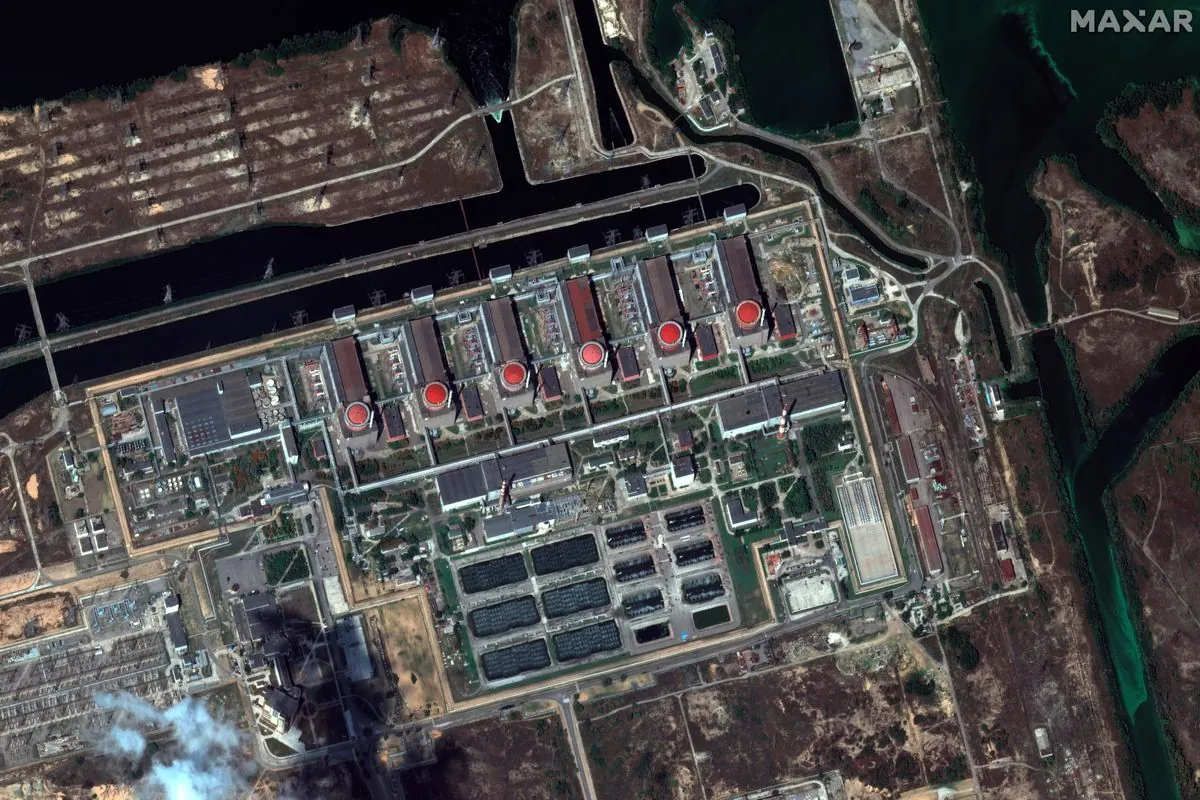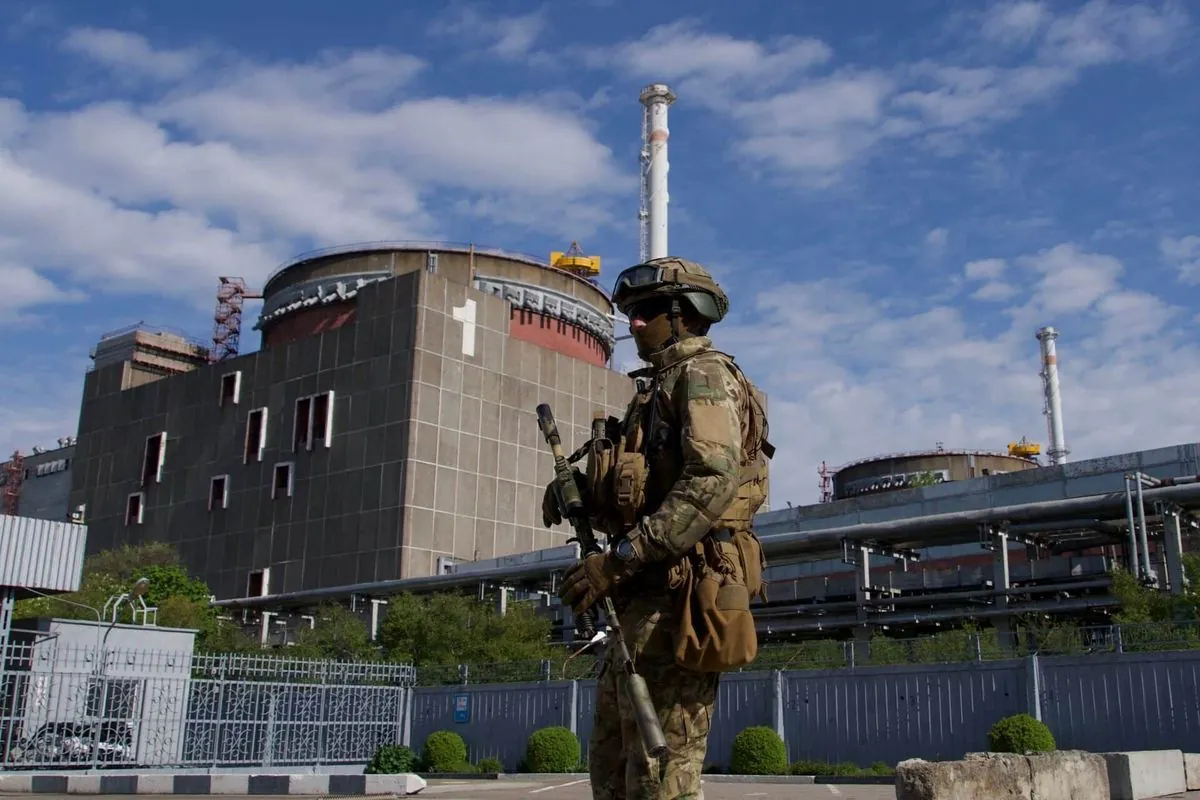Car Bomb Claims Life of Nuclear Plant Worker in Russian-Held Enerhodar
An employee at the Russian-controlled Zaporizhzhia nuclear power plant was killed in a car bomb attack. The incident has sparked accusations and raised concerns about the facility's security.

On September 29, 2024, a fatal incident occurred in Enerhodar, Ukraine, where an employee of the Russian-controlled Zaporizhzhia nuclear power plant lost his life in a car bomb attack. The victim, identified as Andrei Korotkiy, worked in the facility's security department.
Russian investigators have initiated a criminal investigation into the event. The plant's administration has attributed responsibility for the attack to Ukrainian authorities, although no immediate response has been received from Ukraine regarding these allegations.
Yuri Chernichuk, the plant director, expressed strong condemnation of the act, stating:
"This is a horrific, inhumane act. An attack on employees ensuring the safety of the nuclear facility is a reckless, outrageous step."
The Zaporizhzhia nuclear power plant, Europe's largest with six VVER-1000 pressurized water reactors, has been under Russian control since March 4, 2022, following the initiation of Russia's military actions in Ukraine. The facility, which is currently non-operational, has been a point of contention between Russian and Ukrainian forces, with both sides accusing each other of staging attacks on the plant.

This incident highlights the ongoing security concerns surrounding the plant. The International Atomic Energy Agency (IAEA) has maintained a permanent monitoring presence at the facility and has consistently urged both parties to refrain from any actions that could jeopardize the plant's safety.
The Zaporizhzhia plant, covering an area of 104.7 hectares, is a significant asset, capable of generating about 20% of Ukraine's electricity when fully operational. Construction of the plant began in 1980, with the first reactor commissioned in 1985. The facility's total capacity of 6,000 megawatts and its workforce of over 11,000 people underscore its importance to the region's energy infrastructure.
The plant's occupation marks the first instance in history where a nuclear power plant has been caught in an active war zone, raising unprecedented challenges and concerns. Located approximately 200 km from the contested Donbas region, the plant's situation has drawn international attention due to potential nuclear risks.
Ukraine has previously accused Russia of using the plant as a military base, further complicating the security situation. The IAEA has expressed ongoing concerns about the plant's safety since the Russian occupation began.
As tensions continue, the international community remains vigilant about the potential implications of military activities near such a critical nuclear facility. The recent attack on a plant employee has only intensified these concerns, highlighting the urgent need for a resolution to ensure the safety of the plant and its staff.


































